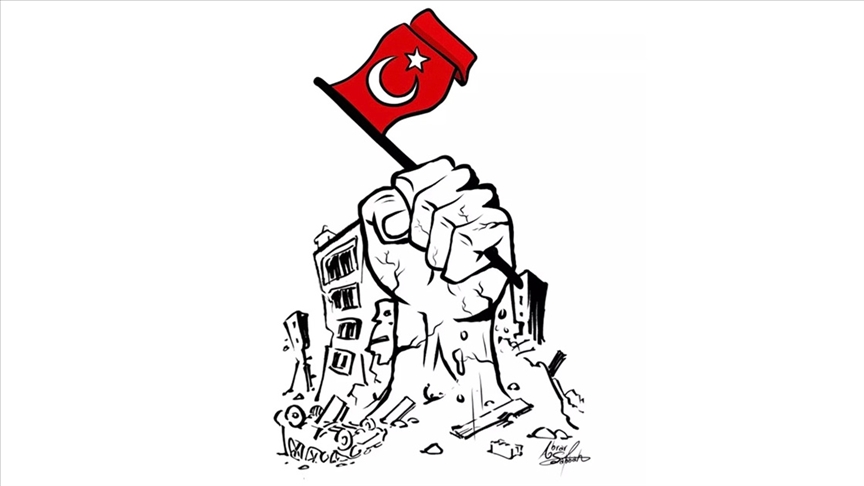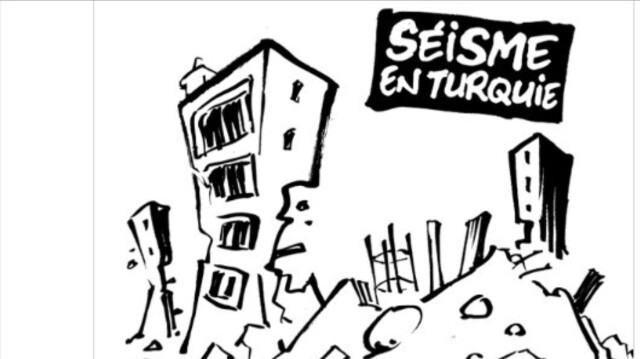It is known that Prophet Muhammad (pbuh) met Gabriel in months of Ramadan and read the verses that had been revealed to that date. In the month of Ramadan in the 10th year of the hijrah (December, 631) Gabriel said that they would read the Holy Quran aloud two times. Prophet Muhammad (pbuh) understood that this meant his time on earth was coming to an end, and told his daughter Fatima. Prophet Muhammad (pbuh) normally performed itiqaf (being secluded in a place while fasting for the sole purpose of worshipping Allah) for ten days during the month of Ramadan, but he performed itiqaf for twenty days in the last Ramadan of his life.
It is known that Prophet Muhammad (pbuh) met Gabriel in months of Ramadan and read the verses that had been revealed to that date. In the month of Ramadan in the 10th year of the hijrah (December, 631) Gabriel said that they would read the Holy Quran aloud two times. Prophet Muhammad (pbuh) understood that this meant his time on earth was coming to an end, and told his daughter Fatima. Prophet Muhammad (pbuh) normally performed itiqaf (being secluded in a place while fasting for the sole purpose of worshipping Allah) for ten days during the month of Ramadan, but he performed itiqaf for twenty days in the last Ramadan of his life.
Prophet Muhammad (pbuh) started to prepare for the hajj in the same year (10/632) and told everyone to join him. Along with his wives and his daughter Fatima, he set out on Dhu al-Qi'dah 26, 10 (February 23, 632) with Muslims, who consisted of the muhajirs, Companions and tribes that had come to Medina. He put on the ihram in Zulhulayfa and reached Mecca on Dhu al-Hijjah 4 on his camel who was called Qasva (Qusva) with the people who joined him along the way. After performing the umrah, he stayed in a tent that had been set up for him in the Abtah region. On Dhu al-Hijjah 4 Thursday, he left Mecca, went to Mina and spent the night there. On Dhu al-Hijjah 9 Friday, he set out for Arafat after sunrise along the Muzdalifa road and settled in a tent in Namira. He made his famous speech, known as the Farewell Sermon, to a crowd of over 120,000 companions in the Arafat valley in the afternoon.
In his speech, after praising and thanking Allah, Prophet Muhammad (pbuh) said that all people are servants of Allah, that they all descended from the same mother and father, all people are equal, regardless of their race, color, language and class; the measure of superiority is their piety before Allah. Prophet Muhammad (pbuh) generally mentioned about the human rights. He emphasized the security of life, property and chastity. He ordered that people should be careful about human rights, avoid cruelty and haram (religiously forbidden) food and protect trusts; he threw light on the mutual rights, obligations and duties of the husband and wife. The Prophet also stated that all Muslims are brothers and sisters, and he emphasized the importance of unity and cooperation. He ordered people to perform the prayer, fast, pay zakat, and perform hajj, as well as telling them to obey the moral rules. He mentioned some concepts and traditions from the Age of Ignorance, and he announced that interest and blood feud were now forbidden, and he invalidated the institutions and practices of the Age of Ignorance related with administration of Mecca and the Kaaba. He frequently asked, "Have I conveyed the message?" to his Companions in order to confirm his words. Prophet Muhammad (pbuh) ended his sermon by saying "O Allah, be my witness! O Allah, be my witness!" In the verse sent before Prophet Muhammad (pbuh) left Arafat it was stated that the religion had been perfected and completed and that Islam is a religion that is in keeping with the consent of Allah: "This day I have perfected your religion for you and completed My favor unto you, and have chosen for you as religion al-Islam" (Al-Maida 5/3).
With Usama ibn Zayd mounted on his camel, Prophet Muhammad (pbuh) descended from Arafat. When he reached Muzdalifa, he performed the evening and night prayers there. After performing the morning prayer, he arrived in Jamratu al-Aqabah and threw seven stones and said the takbir for each one. Then he went to Mina and after making a speech for his companions he sacrificed an animal. Then he shaved and took off his ihram and came to the Kaaba, which he circumambulated. After returning to Mina, he completed the Djamras (devil stoning). On the next day he returned to Mecca and before the sunrise he performed his farewell circumambulation. With the permission of Prophet Muhammad (pbuh) the Hajjis who had come from outside Mecca and Medina left the city on the fifth day of the festivity to go to their cities. Then Prophet Muhammad (pbuh) performed the pilgrimage with the muhajirs and ansars and taught the Muslims how to perform this worship, and then returned to Medina.
Due to the fact that Prophet Muhammad (pbuh) said, "I may not be able to meet you here again after this year", and died shortly after, this hajj is known as "The Farewell Hajj" and this sermon as "The Farewell Sermon". Actually, it is known that Prophet Muhammad (pbuh) made more than one speech at various places and at various times during this journey.
Subscribe to:
Post Comments (Atom)









may god bless you
ReplyDelete